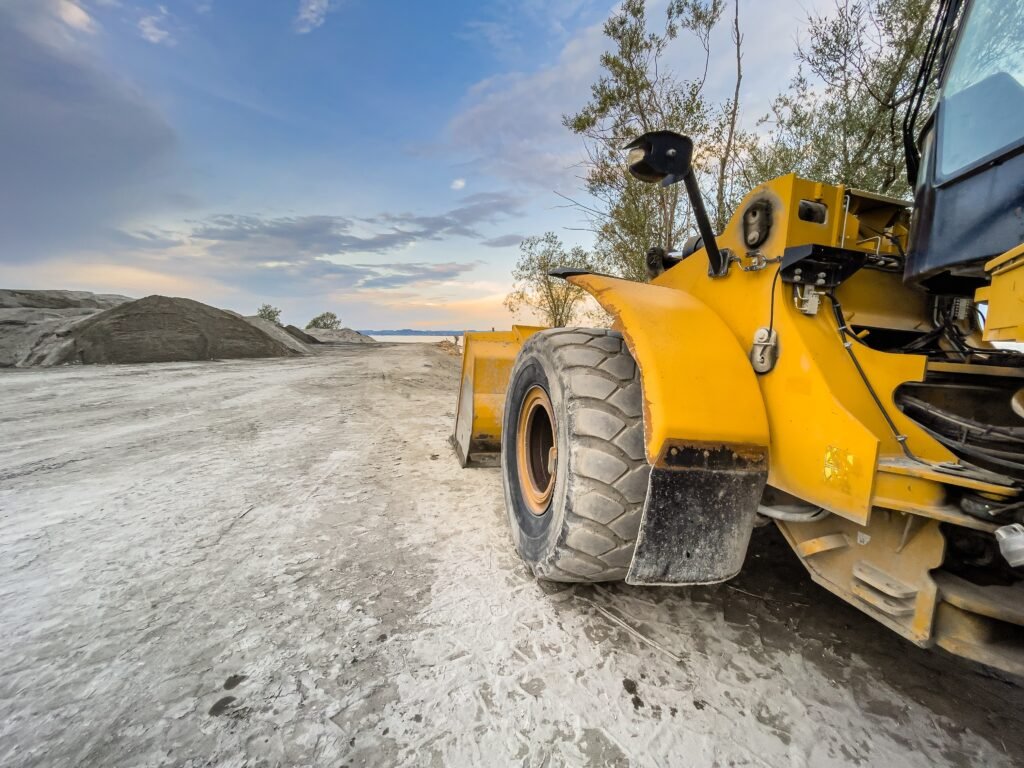Have you ever wondered about the connection between kidney stone prevention and nutrient absorption? In this article, we will explore how certain dietary choices can help reduce the risk of developing kidney stones while also optimizing the absorption of essential nutrients by your body. Discover the fascinating relationship between these two aspects of your health and learn practical tips to keep your kidneys healthy and your body nourished.
Kidney Stone Prevention And Nutrient Absorption
Kidney stones can be incredibly painful and can significantly impact your quality of life. Understanding how to prevent kidney stones is crucial, and one aspect that plays a vital role in prevention is nutrient absorption. By grasping the connection between nutrient absorption and kidney stone formation, you can take proactive steps to reduce your risk and promote better kidney health.

This image is property of images.unsplash.com.
Understanding Kidney Stones
Kidney stones are hard deposits that form in the kidneys when certain substances in your urine crystallize. These substances can include calcium, oxalate, uric acid, and cystine. When these crystals clump together, they form stones of various sizes, ranging from tiny grains to larger, golf ball-sized stones. Passing kidney stones can be incredibly painful, leading to symptoms such as severe pain in the back or sides, blood in urine, and frequent urination.
Causes of Kidney Stones
There are several factors that can contribute to the formation of kidney stones. Dehydration is a common cause, as it leads to concentrated urine, making it easier for minerals and salts to crystallize. Other factors can include a diet high in sodium, which increases calcium in the urine, as well as certain medical conditions such as urinary tract infections, gout, and digestive disorders.
Types of Kidney Stones
There are different types of kidney stones, depending on the substances that make up the stones. The most common type is calcium stones, which are typically made up of calcium and oxalate. Another type is uric acid stones, which form when there is a high level of uric acid in the urine. Struvite stones are caused by urinary tract infections, while cystine stones are formed due to a genetic disorder that makes the kidneys excrete too much cystine.
Risk Factors for Kidney Stones
Several risk factors can increase your likelihood of developing kidney stones. These factors include a family history of kidney stones, a personal history of kidney stones, obesity, certain medical conditions such as kidney disease and digestive disorders, a diet high in sodium and oxalate-rich foods, and dehydration. Understanding your risk factors can help you make more informed choices in terms of kidney stone prevention.

This image is property of images.unsplash.com.
Symptoms and Diagnosis
Recognizing the symptoms of kidney stones is essential for prompt diagnosis and treatment. Common symptoms include severe pain in the back or sides, sometimes radiating to the lower abdomen and groin, blood in the urine, frequent urination, and a persistent need to urinate. If you experience these symptoms, it is important to seek medical attention. To diagnose kidney stones, doctors may perform imaging tests such as ultrasounds and CT scans, as well as urine and blood tests.
Treatment Options
The treatment for kidney stones will depend on various factors, including the size and location of the stones and the severity of symptoms. Smaller stones may pass on their own with increased fluid intake and pain medication. However, larger stones may require medical intervention. Treatment options can include extracorporeal shock wave lithotripsy (ESWL), which uses sound waves to break up the stones, ureteroscopy, where a thin tube is inserted into the urethra to remove or break up the stone, and in some cases, surgical intervention may be necessary.

This image is property of images.unsplash.com.
Dietary Guidelines for Kidney Stone Prevention
Adopting a kidney stone prevention diet can help reduce the risk of stone formation. The specific dietary guidelines will depend on the type of stone you have or are prone to developing. Generally, it is recommended to drink plenty of fluids to maintain proper hydration and urine dilution. Limiting sodium intake is crucial, as excessive sodium can increase calcium levels in the urine. Additionally, reducing oxalate-rich foods, such as spinach, rhubarb, and beetroot, can be beneficial. Cutting back on animal protein and maintaining a healthy weight are also important factors in preventing kidney stones.
Nutrient Absorption and Kidney Stone Formation
Nutrient absorption plays a critical role in kidney stone prevention. When our bodies absorb nutrients efficiently, it helps balance the levels of substances in the urine, reducing the risk of crystal formation. However, when nutrient absorption is compromised, imbalances can occur, leading to the formation of kidney stones. Therefore, maintaining a healthy digestive system and promoting optimal nutrient absorption is key in preventing kidney stone formation.
Effects of Nutrients on Kidney Stones
Certain nutrients have specific effects on kidney stone formation. For example, adequate calcium intake can actually reduce the risk of calcium stones by binding with oxalate in the intestine, preventing its absorption and subsequent excretion in the urine. However, excessive calcium intake can lead to an increased risk of calcium stones. Similarly, vitamin C supplementation in excessive amounts can increase the risk of oxalate stones. It is important to strike a balance and meet the recommended daily intake of essential nutrients without going overboard.
Nutrients That Aid in Kidney Stone Prevention
Several nutrients can aid in kidney stone prevention by promoting proper nutrient absorption and maintaining a healthy urinary system. Some of these nutrients include:
-
Magnesium: Magnesium helps inhibit the formation of calcium crystals and can reduce the risk of calcium stones. It can be found in foods such as spinach, almonds, and quinoa.
-
Potassium: Adequate potassium intake can help prevent the formation of kidney stones by reducing the excretion of calcium in the urine. Potassium-rich foods include bananas, avocados, and sweet potatoes.
-
Vitamin B6: Vitamin B6 can help reduce the production of oxalate, a substance that contributes to the formation of calcium oxalate stones. Good sources of vitamin B6 include chicken, bananas, and whole grains.
-
Citric Acid: Citric acid can increase urinary citrate levels, which inhibits the formation of certain types of kidney stones. Citric acid is naturally found in citrus fruits such as lemons and oranges.
-
Water: Although not a nutrient, adequate hydration is crucial in preventing kidney stones. Drinking enough water helps dilute urine and maintain proper urine flow, reducing the risk of crystal formation.
By incorporating these nutrients into a balanced diet and focusing on proper nutrient absorption, you can actively work towards preventing kidney stone formation and promoting overall kidney health.
In conclusion, understanding the relationship between nutrient absorption and kidney stone formation is essential for prevention. By following dietary guidelines, maintaining proper hydration, and incorporating specific nutrients into your diet, you can reduce your risk of developing kidney stones and enjoy better overall kidney health. Remember to consult with your healthcare provider for personalized advice and guidance tailored to your specific needs.

